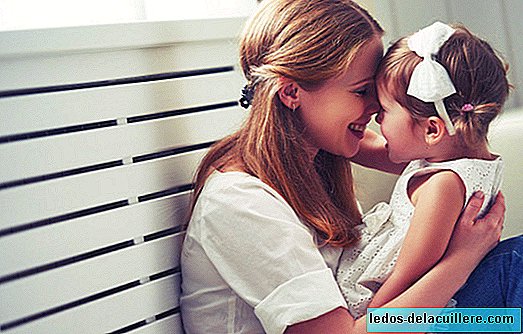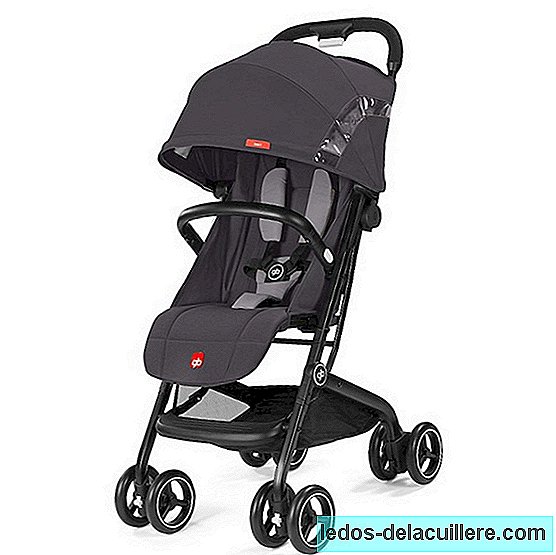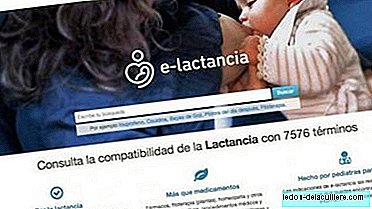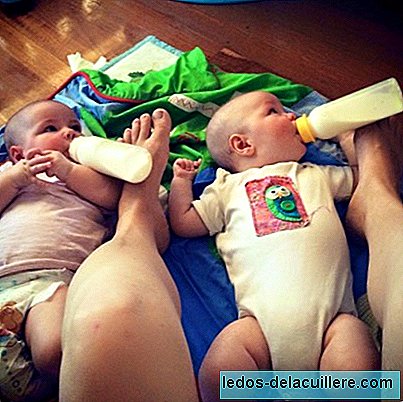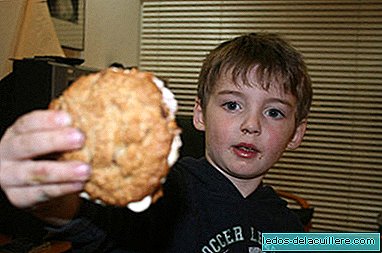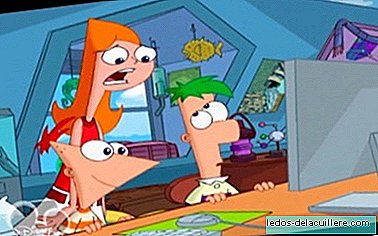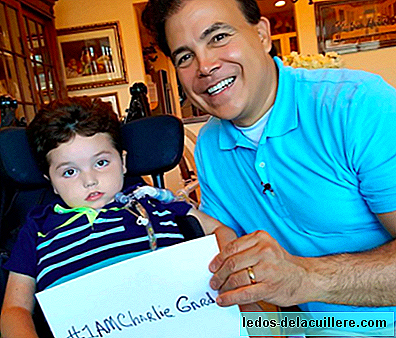
Arthur and Olga Estopiñán were also told that there was no treatment to save their baby's life. His son Arturito was born healthy, but after turning one year he developed a rare disease very similar to that suffered by Charlie Gard. They live in Miami, but they are sure that if they lived in the UK, their son would probably be dead.
Arturito was the first person with mitochondrial depletion syndrome that he received in the United States the experimental therapy that Charlie's parents, Connie Yates and Chris Gard, they ask for their 11 month old son.
A hope for Charlie

Charlie has mitochondrial DNA depletion syndrome, a genetic disease that caused him irreversible brain damage and keeps him connected to several machines that give him life support in a London hospital. It is estimated that only 16 people in the world suffer from this genetic defect, of which the small one has the most severe and rare variant.
Days ago it seemed that Charlie's life came to an end after the decision of the British and European courts that, against the decision of the parents, disallowed his transfer to the United States to receive experimental treatment. They considered that a "dignified death" for the baby was better than undergoing a treatment of unpredictable consequences that would be useless.
If there is a possibility, which parents would not try?
But the pressure of experts and scientists, as well as personalities such as Trump and Pope Francis who spoke about it, allowed to stop the disconnection of the child and to reconsider the possibility of offering the treatment offered in the United States. In fact, two American hospitals have offered to help the British baby.
"It worked for my son"
If there is someone who can understand what Charlie's parents are going through, they are Arthur and Olga Estopiñan, whose son received the experimental treatment thanks to which he is still alive.
"They are experimental medicines but it worked in the case of my son and there are chances that it works in this case," says Estopiñán.Arthur works as a government consultant and is in permanent contact with Charlie's parents, together with the fight for give the little one a chance. Although both children have similar conditions, they cannot be compared because they are different genetic mutations, but Why not try?.
Arturito's father told Univisión:
"This child is struggling to live and it is not fair to be killed because once he is extubated he will die," says Estopiñán, remembering that thanks to these experimental medicines, his son "is stronger." "Before he couldn't move his hands, his feet, he couldn't move anything, but now he can"
Photos | Arthur Estopiñan - Facebook
Via | The Sun and Univision
In Babies and more | International scientists and experts call for the "disconnection" of Charlie, the English baby suffering from a genetic and deadly disease, to be stopped. The courts authorize the removal of the life support of a British baby suffering from an incurable disease


